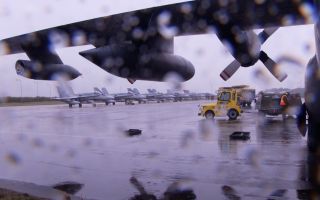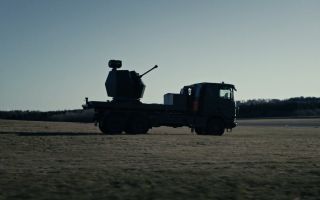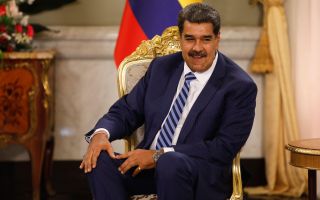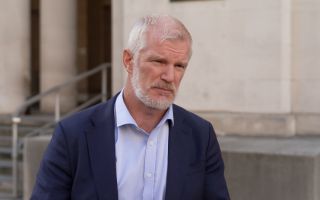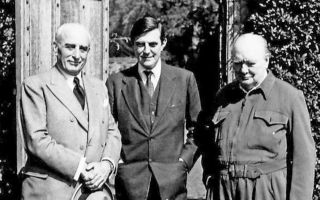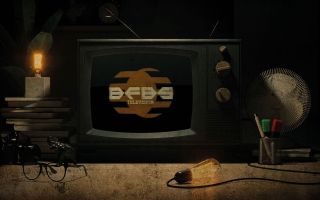COMMENT: How To Fix The North Korea Problem
By John Hemmings, Director of the Asia Studies Centre at the Henry Jackson Society
Many of those serving in the British forces will shake their heads at yet another missile launch by the seemingly-crazy leader of North Korea, a state that by many modern standards is as backward and authoritarian as any that has existed in history.
From the early 1990s, when it unilaterally withdrew from the non-proliferation treaty (NPT), it has managed to develop a nuclear weapons programme, first through plutonium enrichment, and then with a covert uranium enrichment project, bargaining aid for promises to cease from time to time.
In a bid to control the security environment on the Korean Peninsula, Washington sought first in the 1990s to negotiate directly with North Korea.
These efforts, however, failed, after the US claimed that North Korea had cheated by halting its plutonium enrichment programme, only to covertly start uranium-enrichment that it claimed was not covered by the 1994 Agreed Framework.
Realising that a bad deal was better than a nuclear-armed North Korea and no deal, the Bush administration reluctantly came back to the table and sought multilateral discussions, that became known as the 'Six Party Talks'.
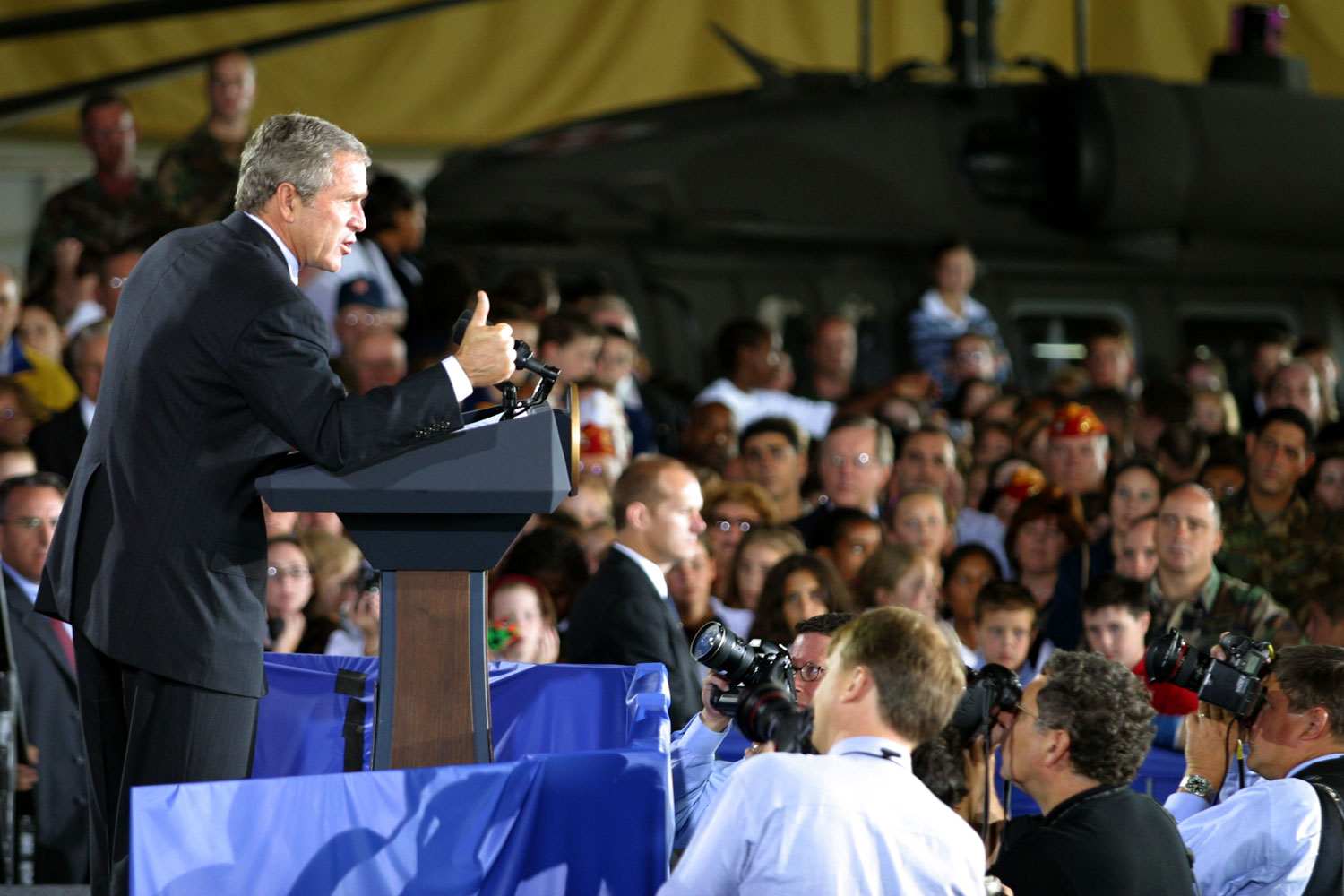
In asking China to chair these, the US for the first time recognised Beijing's influence and leverage over its bellicose ally.
The Six Party Talks had a number of successes but ultimately failed in 2007's sixth round over the one issue that has alluded so many on North Korea: trust. Neither Washington nor Seoul trust Pyongyang.
This is a legacy of North Korea's tactical culture, which says that a smaller outnumbered state should control the pace of the battlefield.
It was evident in its decision to surprise attack South Korea without warning in 1950.
It was also apparent in its 1968 special forces attack on the Blue House, the official residence of the South Korean head of state, in an attempt to assassinate President Park Chung-hee.
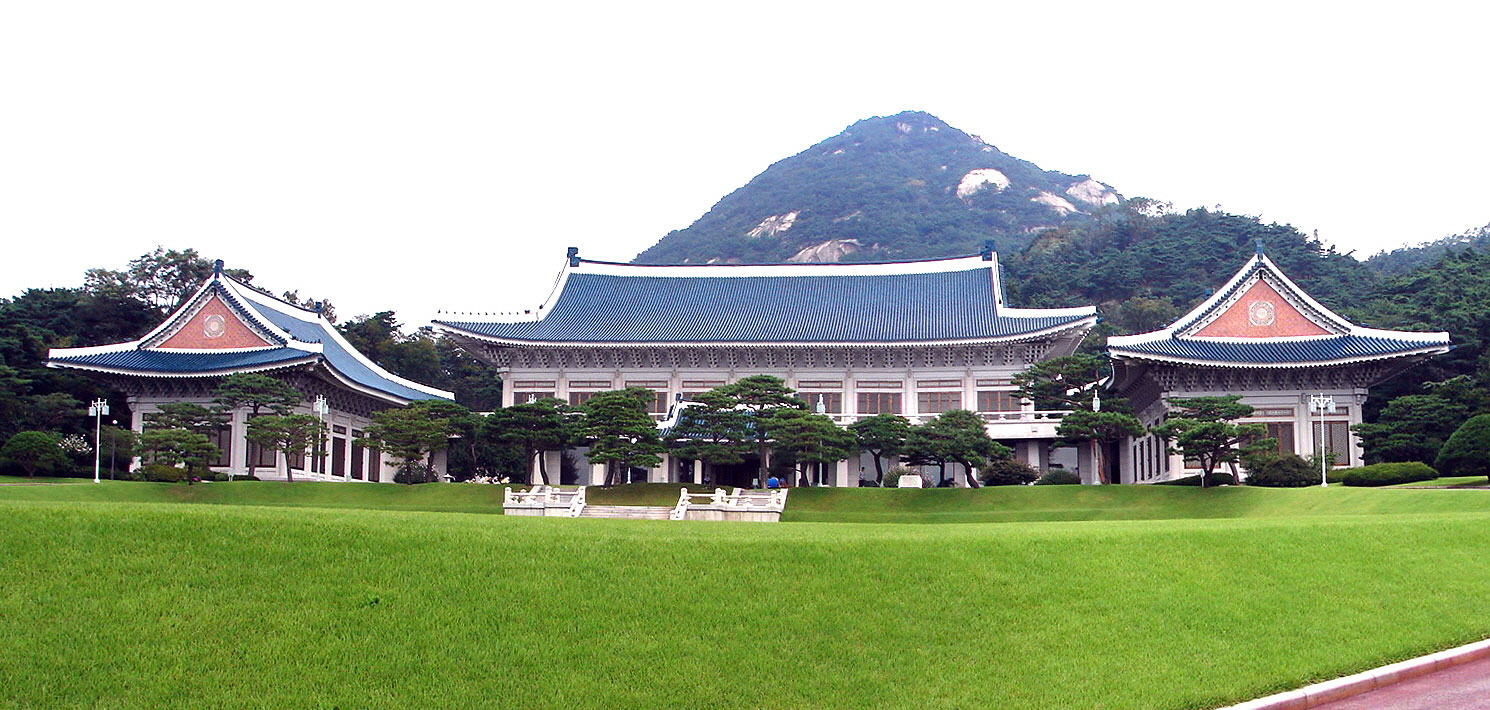
Finally, it was evident when the country began a secondary nuclear weapons project in the late 1990s
Insisting on a strict verification protocol which would have seen IAEA inspectors gaining full access to sites inside North Korea, Pyongyang withdrew from the talks, claiming that it had been insulted and that it would promptly restart its nuclear programmes.
Obama's campaign to become president in 2008 was notable in that he insisted that he would talk to Syria, Cuba, and North Korea if he was elected. He made one brief effort to restart talks in 2012, called the Leap Day agreement – named because the agreement came in February.
This restarted US food aid to North Korea in exchange for a cessation of missile launches and nuclear tests
As State Department officials were shaking hands with their counterparts in the room in New York, the North Koreans casually mentioned that they would be launching a satellite (North Korea's satellites are essentially ballistic missiles) in less than 60 days.
Stunned, the negotiators phoned the White House, which terminated the agreement and further talks, citing bad faith.
North Korea's decision to launch its new inter-continental ballistic missile (ICBM) this past July 4th, America’s Independence Day, is in a similar tradition, but we would be mistaken to simply see this as yet another missile launch.
One of the first conversations President-elect Donald Trump had with President Obama in the Oval Office was on North Korea.
It was – Obama asserted – likely to be Trump's greatest foreign policy challenge
This was because as North Korea's ICBM strike capability grows, so does it cancel out the US nuclear umbrella over South Korea and Japan.
In other words, a conventional strike by Pyongyang on Seoul or Tokyo is now within grasp of the regime, and there's not much the US can do without risking cities on its West Coast. Unlike China today, and the Soviet Union during the Cold War, North Korea has an aggressive approach toward security and views the South as "unfinished business".
Unifying the country under Pyongyang's rule remains a major political and military objective.
So what can the US do about it? Having tried to resolve the issue bilaterally and multilaterally, the US is going after North Korea's primary enabler, China. Presently, China is said to account for more than 70% of North Korea’s economic activity and cross-border trade.
It accounts for energy, food aid and military aid - though this is often carried out illicitly
Andrea Burger at RUSI has written extensively about how China undermines the UN and US sanctions regime at the border, and it is clear that the international community has done far less than it could in restraining and isolating this regime.
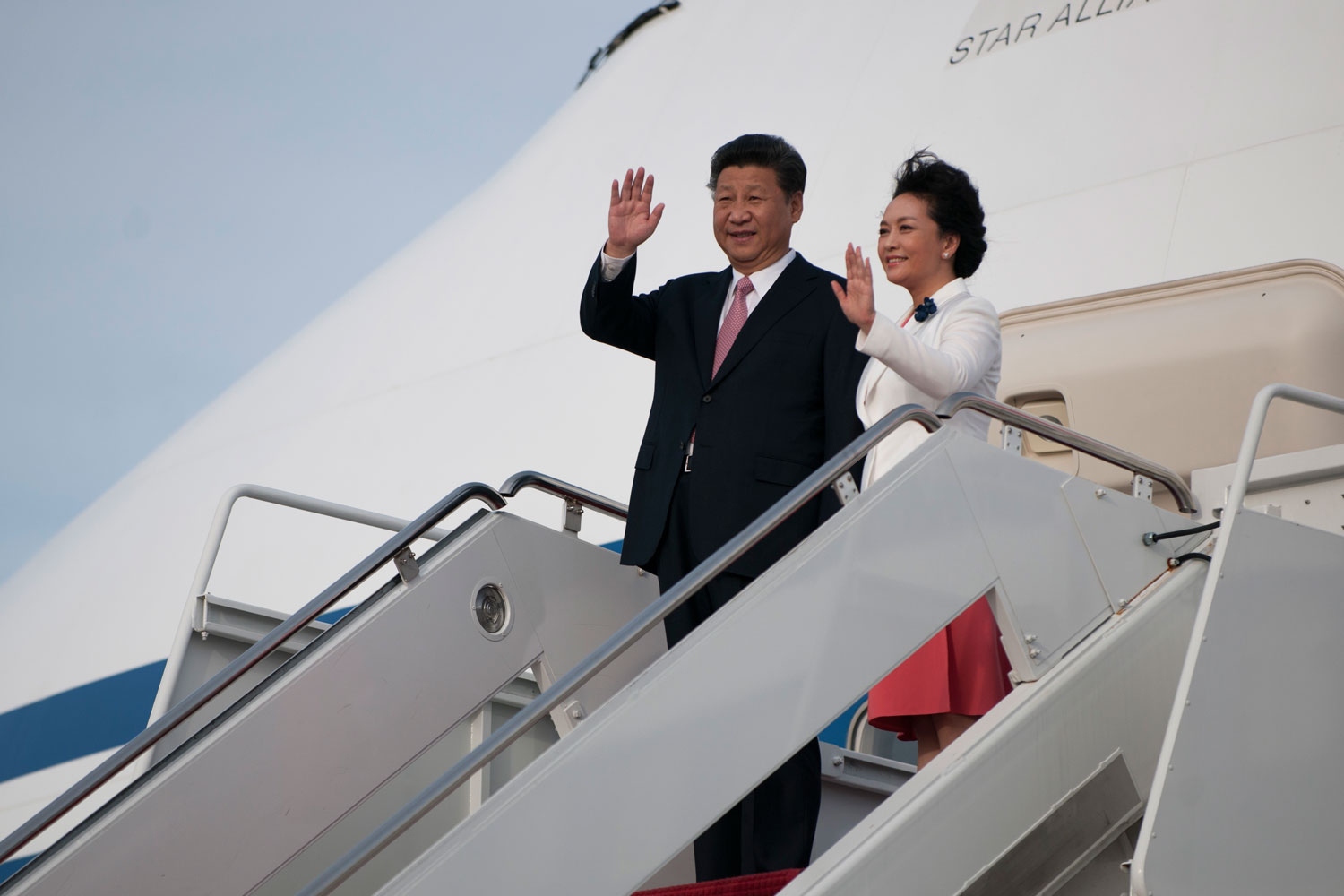
South Africa too had a nuclear weapons programme in the late 1980s, but was far more isolated internationally than North Korea
With a superficial socialist banner, it's no wonder that Pyongyang is able to work this to its advantage.
The tools to resolving North Korea sit in our laps.
They involve sanctioning of Chinese banks that continue to launder North Korean money, China and Russia helping North Korean defectors and opening the human floodgates, the end of North Korean labourers at Siberian lumber and mining camps, and a unified political front.
Problematically, of course, is that fact that Russia and China see North Korea as a weapon to use against the West.
Resolving this issue should be uppermost in all our minds. The stakes are simply too large to wish away.

